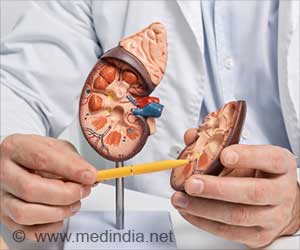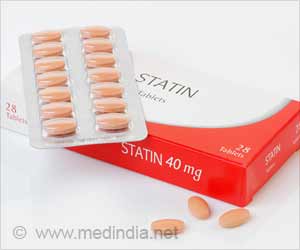Each year about 400,000 Americans undergo balloon angioplasty to clear blocked arteries. In many cases, the arteries become blocked again. Now, a
Each year about 400,000 Americans undergo balloon angioplasty to clear blocked arteries. In many cases, the arteries become blocked again. Now, a cancer drug may change the outcome of the procedure.
John Bailey can relax today, knowing he's doing everything he can to avoid a second open-heart surgery. Eight years ago, he had a quintuple bypass operation. .But earlier this year, Bailey had the same kind of chest pain. He says, "It was a grabbing, squeezing type of pain right in the middle of my chest."
This time, doctors cleared his blocked arteries with standard balloon angioplasty then inserted special metal stents to keep the arteries open. These new stents are coated with the cancer drug paclitaxel, also known as Taxol.
"When we look at these stents six to nine months later with ultrasound, we see a perfectly pristine stent with no scarring," says cardiologist Tift Mann, M.D., of Wake Heart Associates in Raleigh, N.C.
In nearly 20 percent of people who get an ordinary stent, scarring causes re-blockage, or restenosis. That happens twice as often with angioplasty alone. But the drug-coated stent showed better results.
Dr. Mann says, "In our study, the incidence of restenosis, or patients requiring a repeat procedure in the same target vessel, was reduced to less than 5 percent." Doctors say that means many more patients should be able to bypass bypass surgery.
That's good news for Bailey. He says, "Well, I hope to be back to normal and just go" -- as long as it's not back to an operating room.
Since paclitaxel is released in such a small amount and only at the site of the procedure, doctors say there are minimal side effects.











